
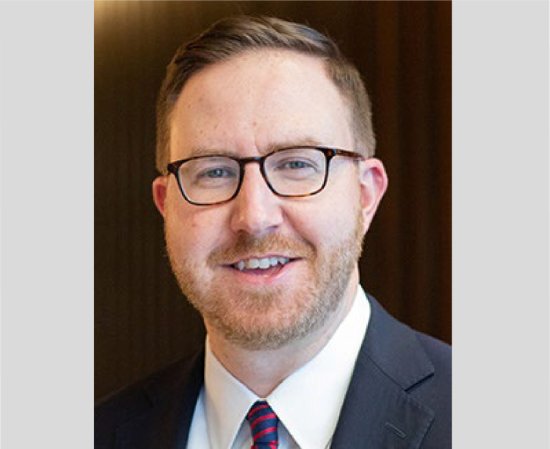
A director and senior economist with Wells Fargo’s Corporate and Investment Bank, Charlie Dougherty provides analyses on the U.S. economy, along with commercial real estate, housing, construction and regional sectors of the economy.
In his presentation he reviewed the current status for important metrics like the U.S. economic policy uncertainty index and the U.S. real GDP growth, along with forecasts from various resources to provide insights about what businesses can expect.
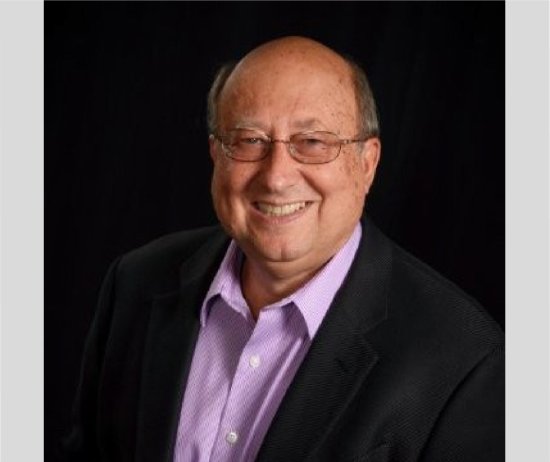
He discussed recent changes to how sales tax will work with equipment rentals and how dealers can adapt to the new landscape. Jim Margner is the owner of Tax Advisory Services, LLC and has worked for several Fortune 100 companies and national and regional accounting firms.
Important tax information: Effective January 1, 2025, if you lease or rent tangible personal property in the ordinary course of your business, you must register with the Illinois Department of Revenue (IDOR) and pay tax on your lease or rental receipts. Jim Margner is available for consultations if you have questions about this tax update in 2025.
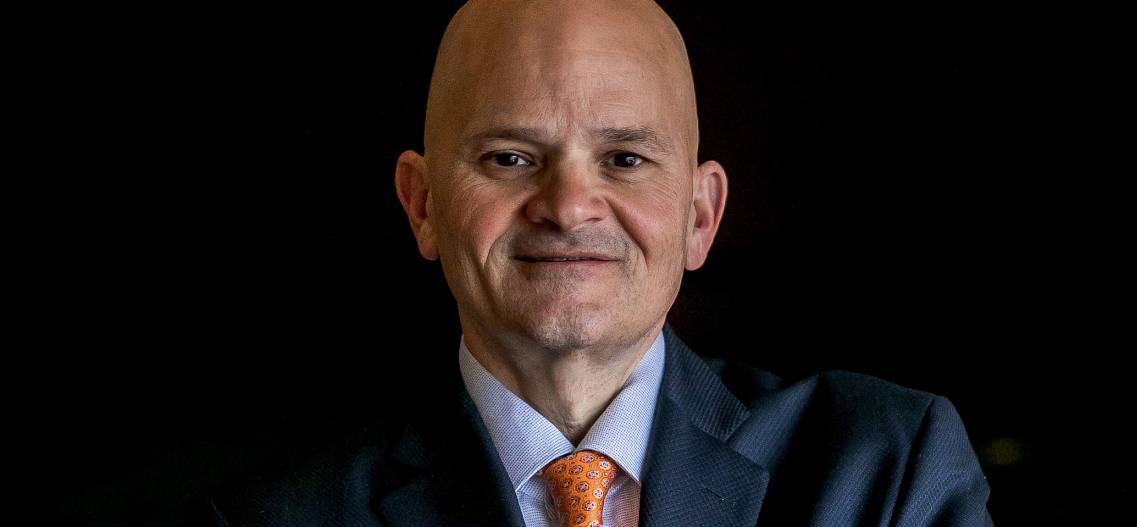
He discussed the current political climate and November election, and how both will affect the equipment and manufacturing industries in Illinois. Denzler is the President and CEO of the Illinois Manufacturers’ Association (IMA).

Charlie Dougherty, Director & Senior Economist, Wells Fargo Economics, provided a review of the likelihood we would enter a recession in 2024, how interest rates are affecting the manufacturing and service industries, the federal policy outlook, and more.
Download the U.S. Economic & Construction Outlook here.
Scott Rozwalka, Regional Sales Manager, Richie Brothers, covered what the used equipment market will look like in 2024, including pricing and volume trends for construction, aerial, and transportation equipment.


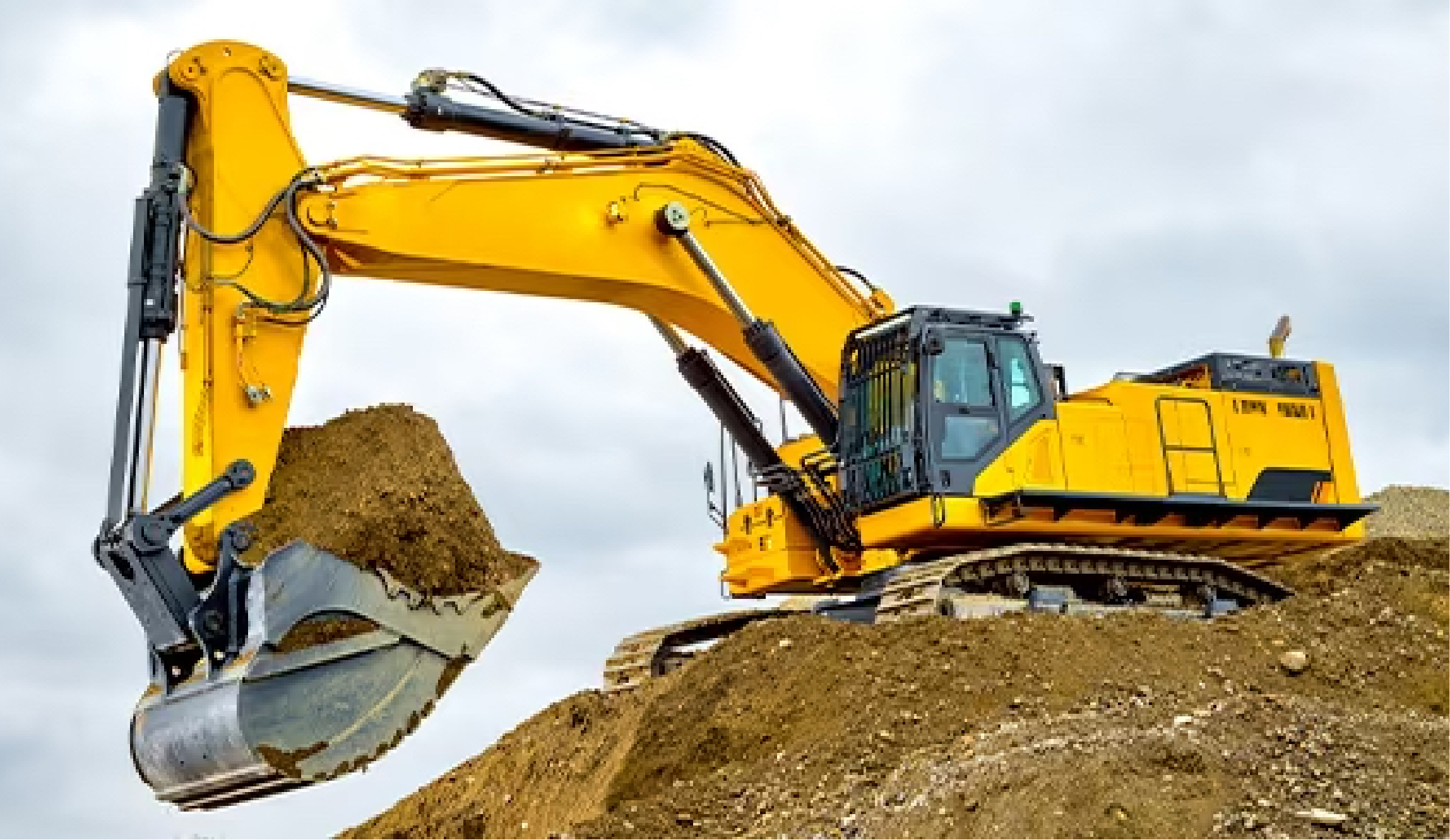
The results have been released for Wells Fargo’s annual survey that measures contractor and distributor sentiment on the state of nonresidential construction activity. The survey uses the Optimism Quotient (OQ) to provide a rating for this year’s industry outlook The result is a rating of 86, considered to be cautious optimism, compared to 112 in 2022 and 78 in 2021.
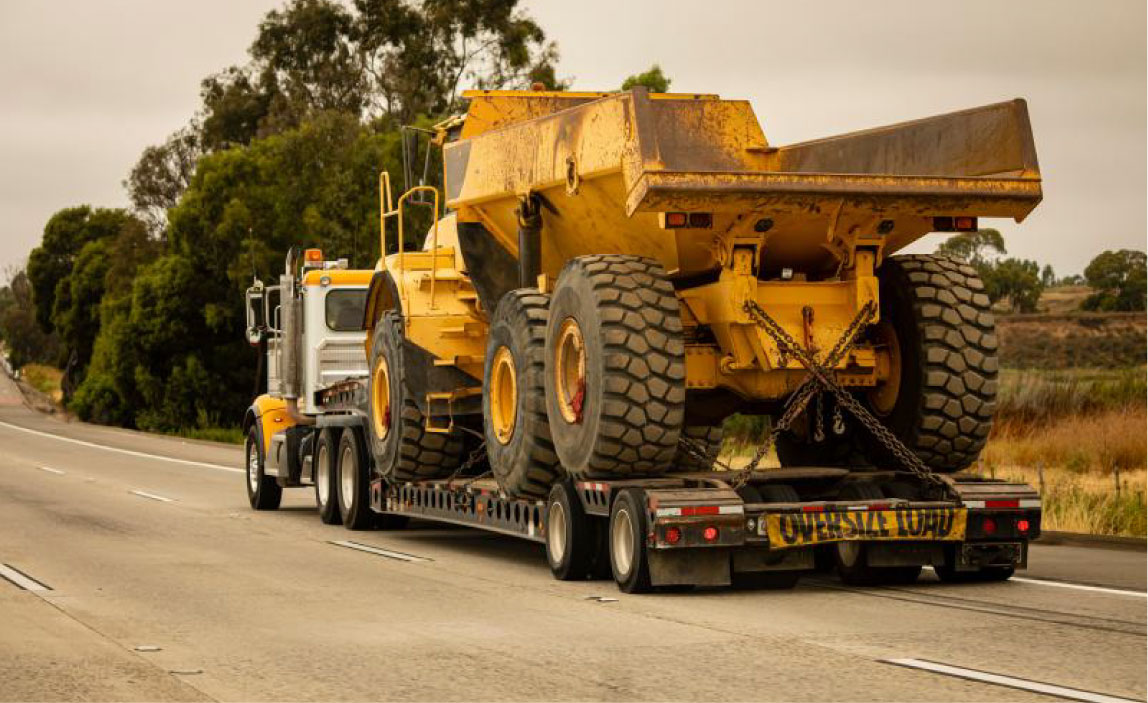
A new regulation by the Federal Motor Carrier Safety Administration (FMCSA) requires that drivers complete their training from a school or carrier listed on the FMCSA’s Training Provider Registry prior to taking their CDL test. Before this new rule, the CDL licensing process was no different than getting a driver’s license. People in the equipment industry are worried that the new regulation will be a burden on companies that use Class A vehicles to transport their machines.

The goal of the Right to Repair executive order was to allow owners to self repair personal electronic devices, automobiles, and machines. But not everyone is on board with it. Read this article to see both sides of the issue and their arguments for and against.